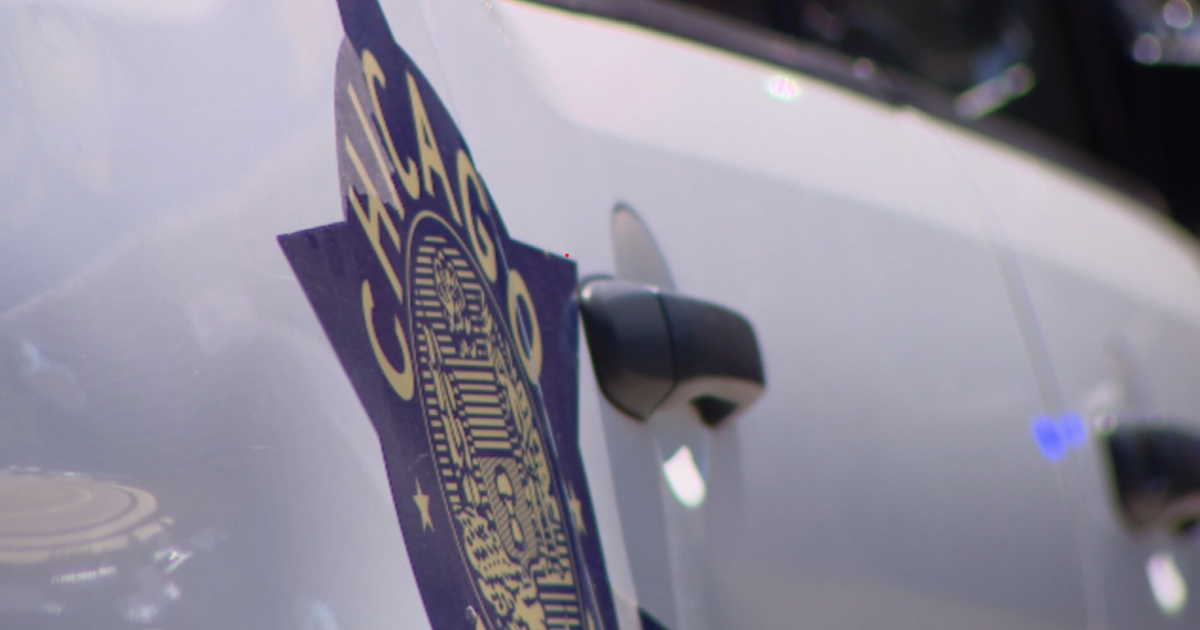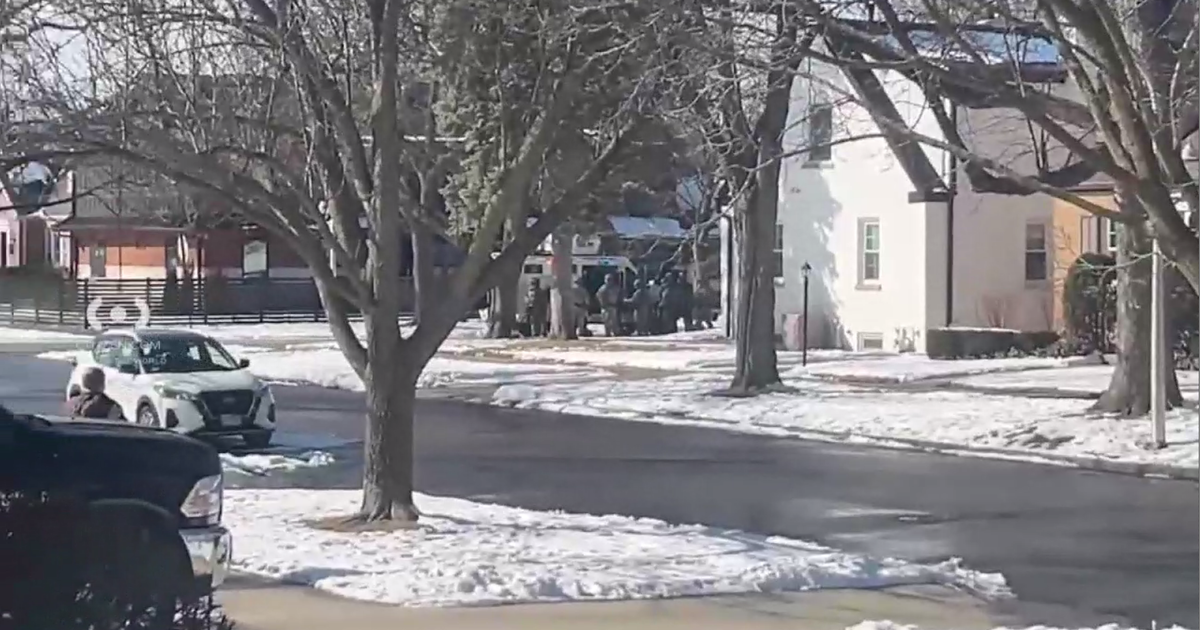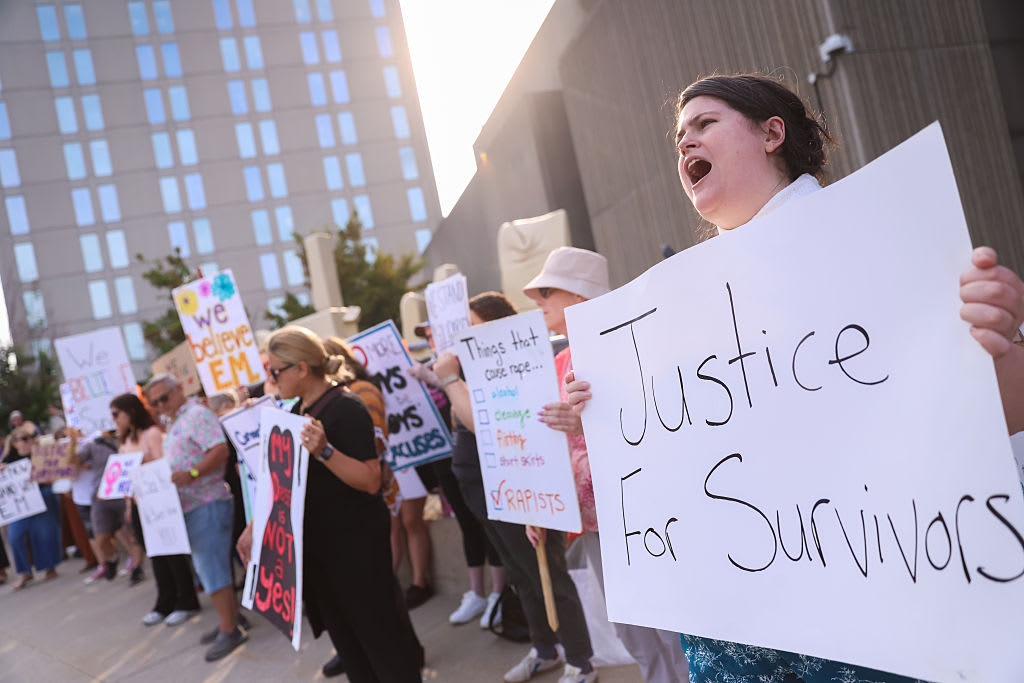Chicago police reforms reduce use of force, but there's "still a culture of denial and impunity," attorney says
Calls for police reform across the country echo protests that took place in Chicago after the death of Laquan McDonald more than five years ago. In 2014, the black 17-year-old was shot 16 times by a white police officer.
A federally enforceable court order, known as a consent decree, took effect last year and mandated police reforms in the city. Training is up, but critics say racial bias has not changed, and that the police are dragging their feet.
"We've been here time and time and time again," Arewa Karen Winters, whose grand-nephew Pierre Loury was killed by Chicago police in 2016, told CBS News correspondent Adriana Diaz.
She and civil rights attorney Craig Futterman, a law professor at the University of Chicago, sued the city and are now working with police on reforms. Asked if the reforms have been successful, Winters said it's still early.
The 236-page consent decree mandated changes in police use of force, training, and officer wellness, among others. But so far, the Chicago Police Department has missed 70% of the deadlines and continues "to struggle to conduct meaningful community engagement," according to an independent auditor.
"We're seeing the same stuff in the street: black people still being killed, still being abused, still a culture of denial and impunity," Futterman said.
Deputy Superintendent of Police Barbara West said reforms, like increased training, are working, though taking longer than anticipated.
"Everyone has a bias of some sort, but it's about what you do with that information and dealing with that, and I think the training teaches us how to deal with the bias," she said.
The department has rolled out a virtual reality training for recruits at the police academy to increase situational awareness and de-escalation.
"When you actually put yourself in a situation, all the training starts to kick in a little bit more," an instructor said.
Annual use of force training is now mandatory. Before, West said officers could go decades without a refresher.
Use of force is down 34% since McDonald's death, but black and Hispanic people are just as likely to be on the receiving end. Overall crime is at a five-year low, but blacks and Hispanics account for 91% of arrests, a percentage that hasn't budged in four years.
"So if you think about where our calls for service come from, they do come from neighborhoods that are maybe predominately African American and Latino," West said. "So that leads to the arrests being in those particular areas as well."
But Futterman was critical of the reforms so far.
"What we've actually seen up until very, very recently is not a police department that has embraced the change," he said. "Instead, what we've seen is how can we do the least amount possible to check a box to get out from under this?"
West, who is black, defended the department.
"First, when I take this off, you know, I'm a black woman and I have black children," she said. "But, in terms of what we're trying to do as a police department, I know it's the right thing."
Winters said change is taking too long.
"You know, this train is coming. Get on or get out of its way," she said.
Winters and Futterman are both part of a new city task force, where community members along with police are reviewing use of force policies.



